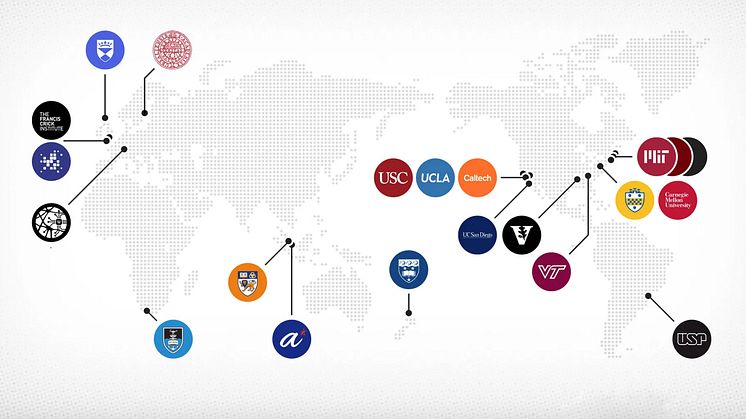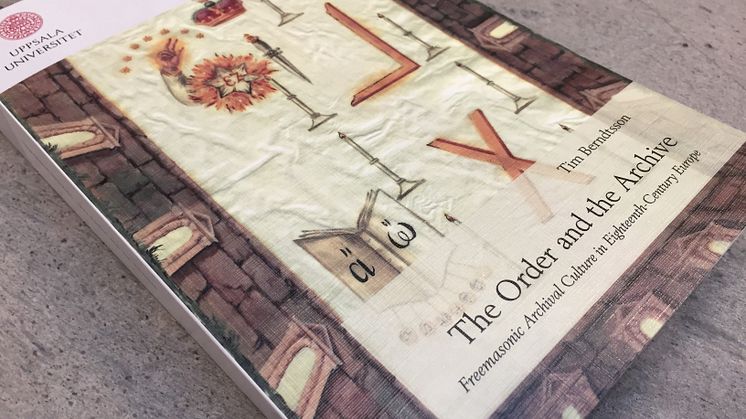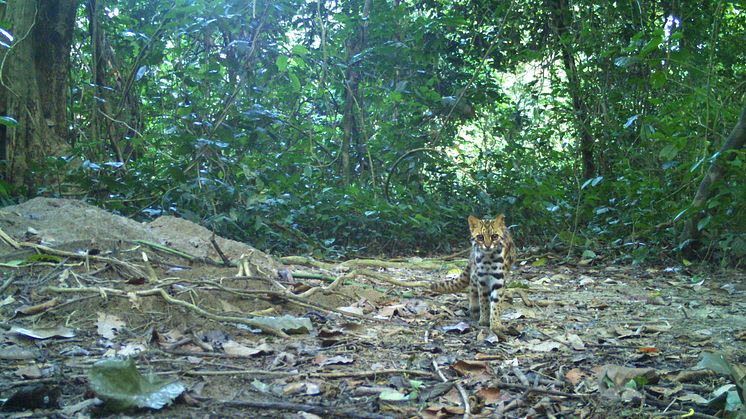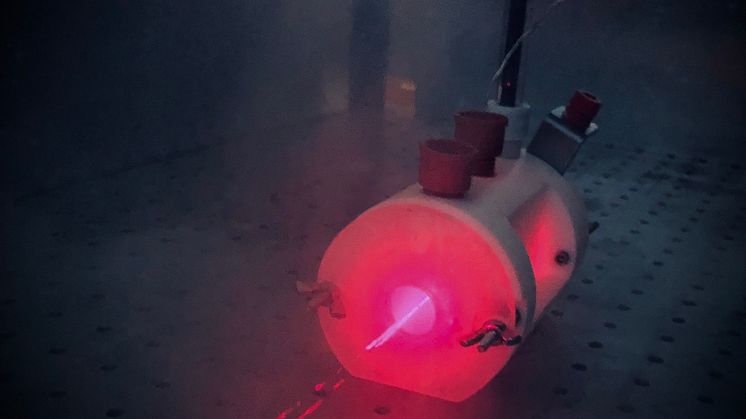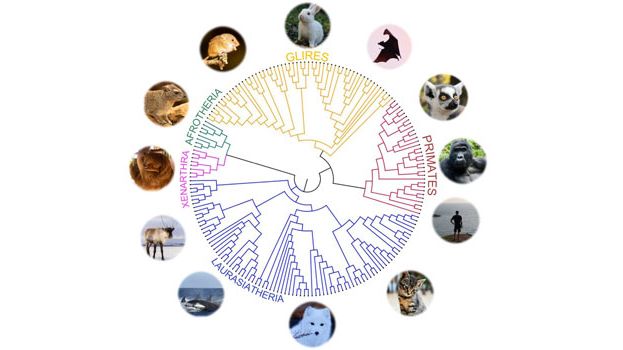Uppsala University Joins Wellcome Leap Global Network
Uppsala University has joined the Leap Health Breakthrough Network, a global group of 21 leading academic and research institutions committed to solving the world’s most serious health challenges — such as cancer and infectious diseases — at record speed. Wellcome Leap is a US-based non-profit organisation founded by the Wellcome Trust to accelerate innovations that benefit global health.
